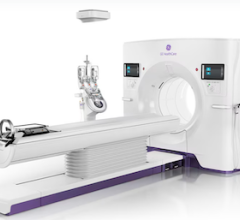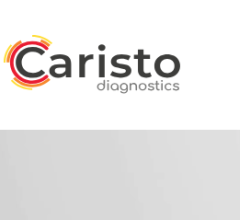May 16, 2012 — Steinberg Diagnostic Medical Imaging Center (SDMI) in Las Vegas has installed the first Aquilion Prime 160 series from Toshiba America Medical Systems Inc. in the United States.
Reinforcing the principle of ALARA (as low as reasonably achievable), SDMI uses adaptive iterative dose reduction (AIDR) and NEMA XR 25 dose check software to conduct a variety of general imaging exams while minimizing radiation dose. SDMI will soon be upgraded to Toshiba’s recently U.S. Food and Drug Administration- (FDA) cleared AIDR 3-D software to further enhance dose reduction and image quality.
“With dose-reduction features such as AIDR, active collimation and dose modulation, the system can make adjustments in real time to reduce radiation exposure while maintaining the image quality needed for diagnoses,” said Mark Winkler, professor of health sciences at the University of Nevada, Las Vegas, and founding partner of SDMI. “Additionally, the wide, open bore and high-speed rotation make exams more comfortable and quicker for any patient type.”
The Aquilion Prime can generate 160 unique slices per rotation and features a 7.5-MHU large-capacity tube and 0.35-second scanning. This high-speed rotation allows rapid data acquisition and shortens scan times while the fast reconstruction unit further improves throughput, reducing time required for diagnoses. The system also features a 78-cm aperture gantry, the largest currently available in a computed tomography (CT) system. The combination of a 660-pound patient-weight-capacity couch with a large gantry bore makes the Aquilion Prime ideal for use in emergency scanning or bariatric patient studies.
“Aquilion Prime was designed for healthcare facilities that need to perform a wide variety of advanced clinical examinations and produce high-quality clinical images with reduced radiation exposure,” said Tim Nicholson, senior manager of market development at Toshiba’s CT business unit. “With Aquilion Prime, SDMI can conduct many general imaging exams and many advanced applications, like low-dose prospective cardiac CT angiography.”
For more information: www.medical.toshiba.com


 February 02, 2026
February 02, 2026 









